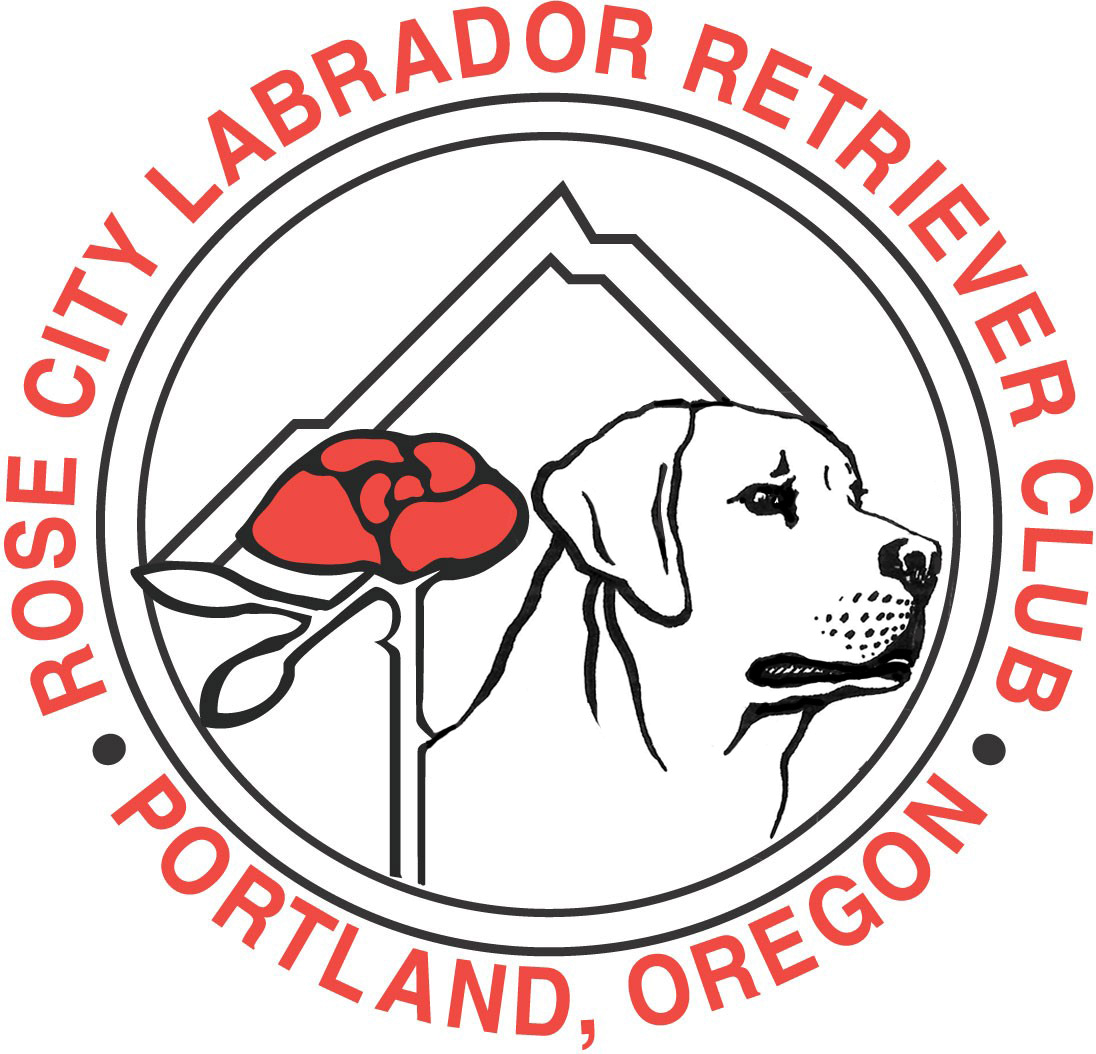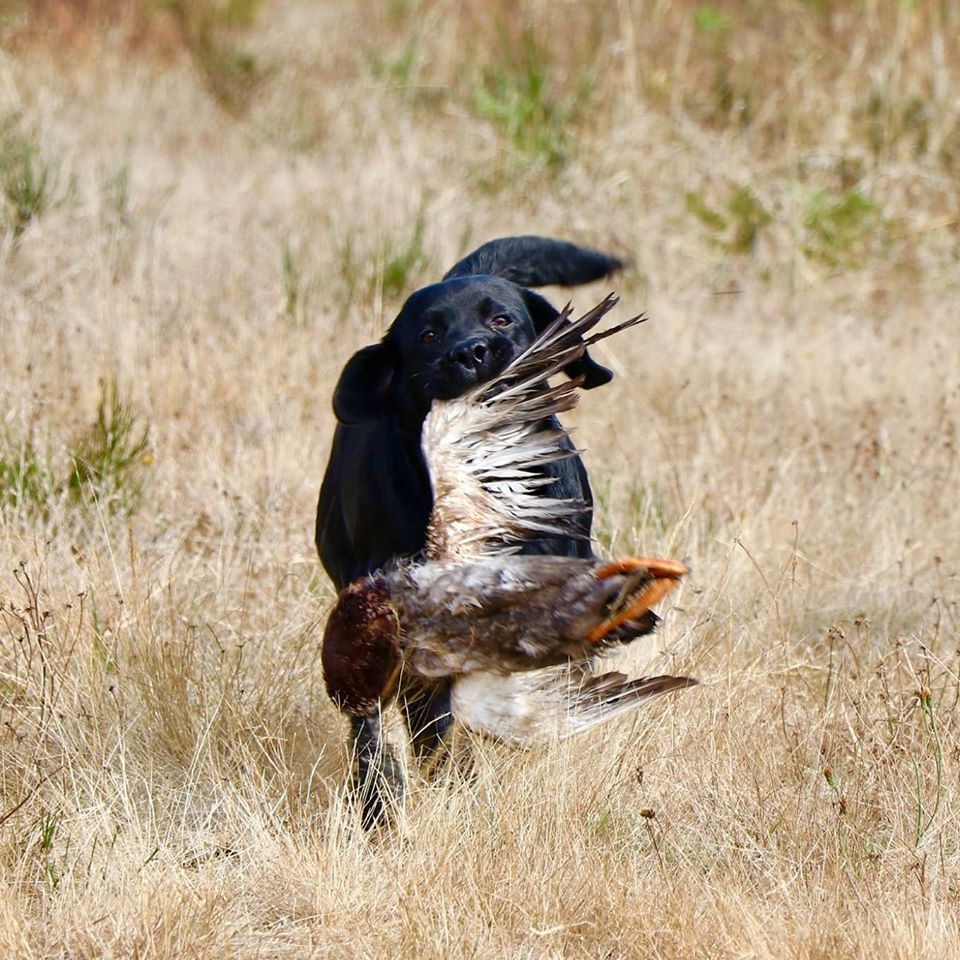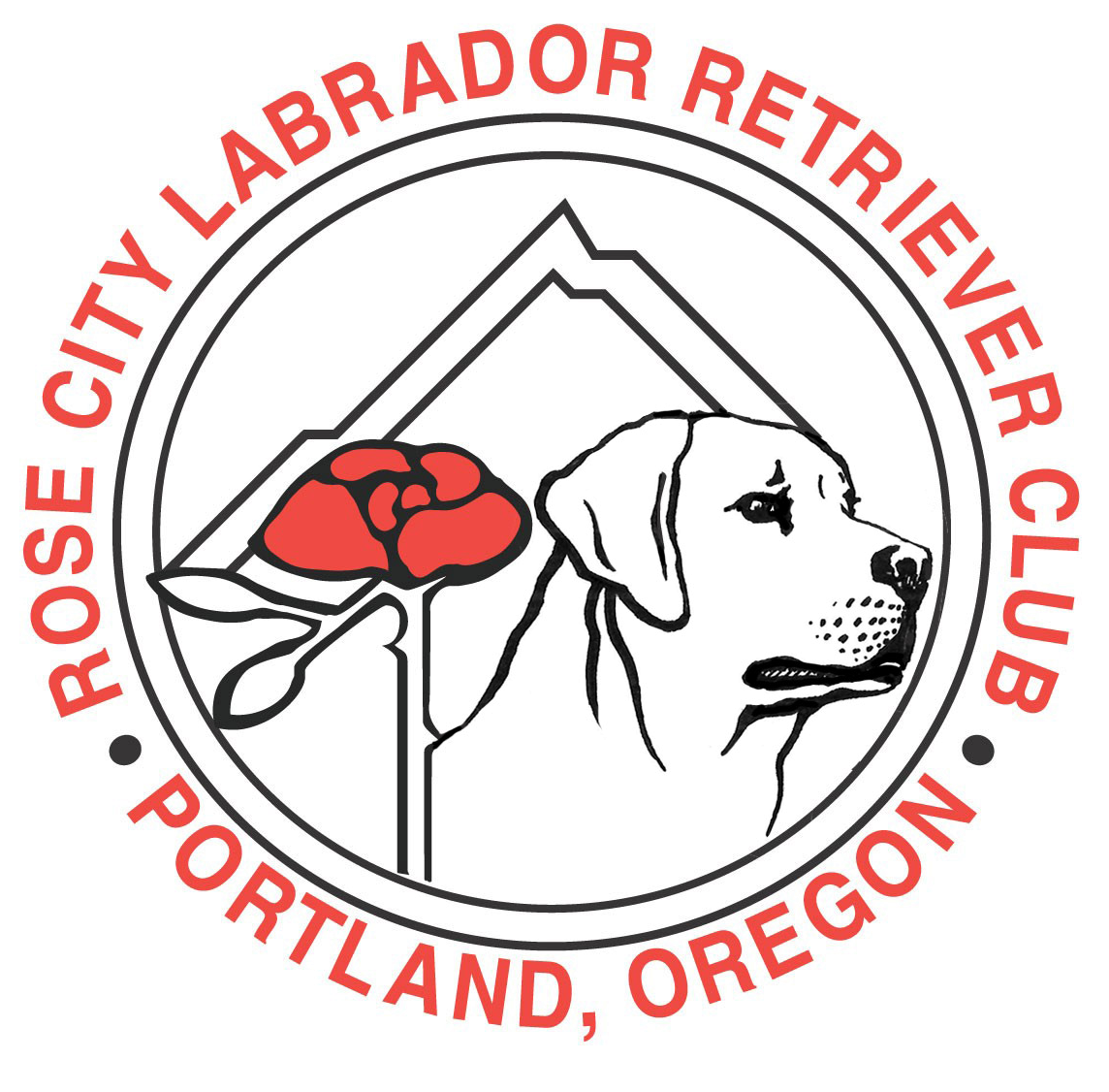Join us for a field day challenging your dog's natural retrieving skills at our
WC Test - Saturday, June 1
Come out to the WC Test - Saturday, June 1
Are You Ready for a Labrador?
What to consider before you bring home a new Labrador puppy.
What do you think about when you picture your life with a Lab? Games of fetch in the backyard, long walks in the country, lazy afternoons snuggled together on the couch? Maybe you want a friend for your children, a guardian for your home, or an athlete to train for and compete in AKC events. Or maybe you just like the idea of sharing your life with a devoted companion animal. A well-bred Labrador can be all those things and more.
But before you decide to make a Labrador a member of your family, you also need to picture this: Veterinarian bills for routine vaccinations, checkups, illnesses, and injuries. Housetraining and the accidents that happen before training is complete. Losing your best shoes, or worse yet your carpet to chewing, and your best rosebush to digging. Barking when you're trying to sleep, begging when you're trying to eat, and mud on all four feet. Labradors do all these things too, and unless you're prepared for that reality, you're not ready for a Labrador.
Owning any dog is a lifelong commitment with a variety of responsibilities; if you cannot meet those responsibilities, neither you nor your dog will be happy. Consider the following list carefully, and honestly evaluate your lifestyle, your home, and your finances before you decide that you really want a Labrador puppy.
Food
In addition to your dog's meals—some 35 to 45 pounds of kibble each month, you'll want to supply occasional healthy treats. You'll need to feed a special diet for puppies, allergies, weight management, illnesses, and older dogs. You'll need to train your dog not to beg for people food, and your family not to give in to those pleading puppy eyes.
Shelter
Indoors, you'll need a crate or other confined area to protect your pup and your belongings at night or when you're away. You'll want to keep a supply of carpet cleaner on hand and provide a bed or mat. Gates to keep your pup out of certain rooms are also helpful.
Outdoors, you must have a fenced yard. Labs are energetic dogs, and most experienced owners agree that a kennel run doesn't provide adequate space for a Lab during extended periods. Your Lab will need a sheltered place where he can stay out of the heat in summer, the cold in winter, and the rain. You'll need to protect your garden from your dog and protect your dog from toxic plants in your yard or garden. You will have to do some obedience training to prevent nuisance behavior, and you'll need to commit to regular pooper-scooping to keep your yard clean and stay on good terms with your neighbors.
Outdoors, you must have a fenced yard. Labs are energetic dogs, and most experienced owners agree that a kennel run doesn't provide adequate space for a Lab during extended periods. Your Lab will need a sheltered place where he can stay out of the heat in summer, the cold in winter, and the rain. You'll need to protect your garden from your dog and protect your dog from toxic plants in your yard or garden. You will have to do some obedience training to prevent nuisance behavior, and you'll need to commit to regular pooper-scooping to keep your yard clean and stay on good terms with your neighbors.
Exercise
Labradors require daily exercise, and a Lab is too much dog to get that needed exercise indoors. You will have to commit to providing exercise time for your dog, even in inclement weather. Labradors don't care if it's raining—they want and need playtime.
Training
Housetraining is first. A crate is helpful, but stock up on carpet cleaner and deodorizer, and expect accidents—they will happen.
You must be prepared to control your dog's behavior at home, with guests, and in any public place—at all times. Teaching basic good manners requires time and dedication, and in many cases, expert help. Obedience training not only will make your dog much more pleasant to live with, but it can also save his life.
Healthcare
Your dog will need regular checkups and vaccinations. You must also be prepared to care for your dog during illnesses or after accidents—such as a sprain, a torn paw pad, consumption of toys, bedding, or poisoning. Labradors can develop chronic diseases such as diabetes, arthritis, and hip or elbow dysplasia.
Forgiveness
Your dog won't apologize for having housetraining accidents, for digging, for barking, for chewing—for being a dog. Regardless, he requires and deserves your tolerance and forgiveness.
ROSE CITY LABRADOR RETRIEVER CLUB
PORTLAND, OREGON
INFORMATION
All Rights Reserved | RCLRC
All Rights Reserved | RCLRC



